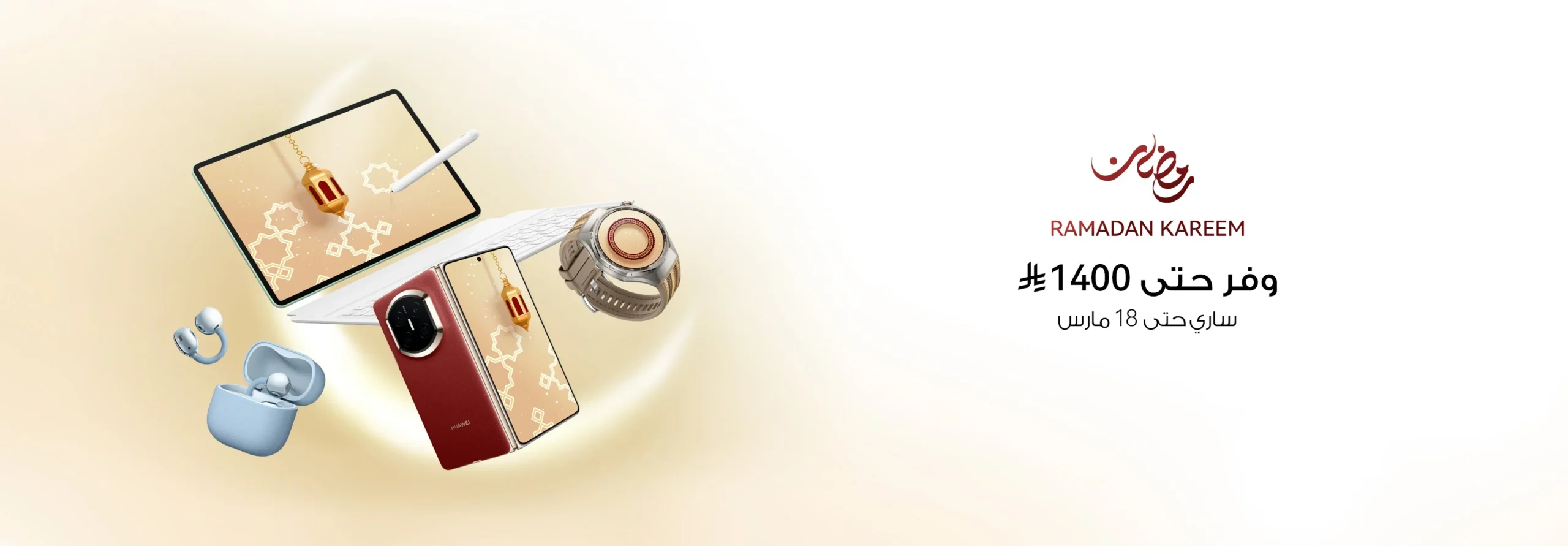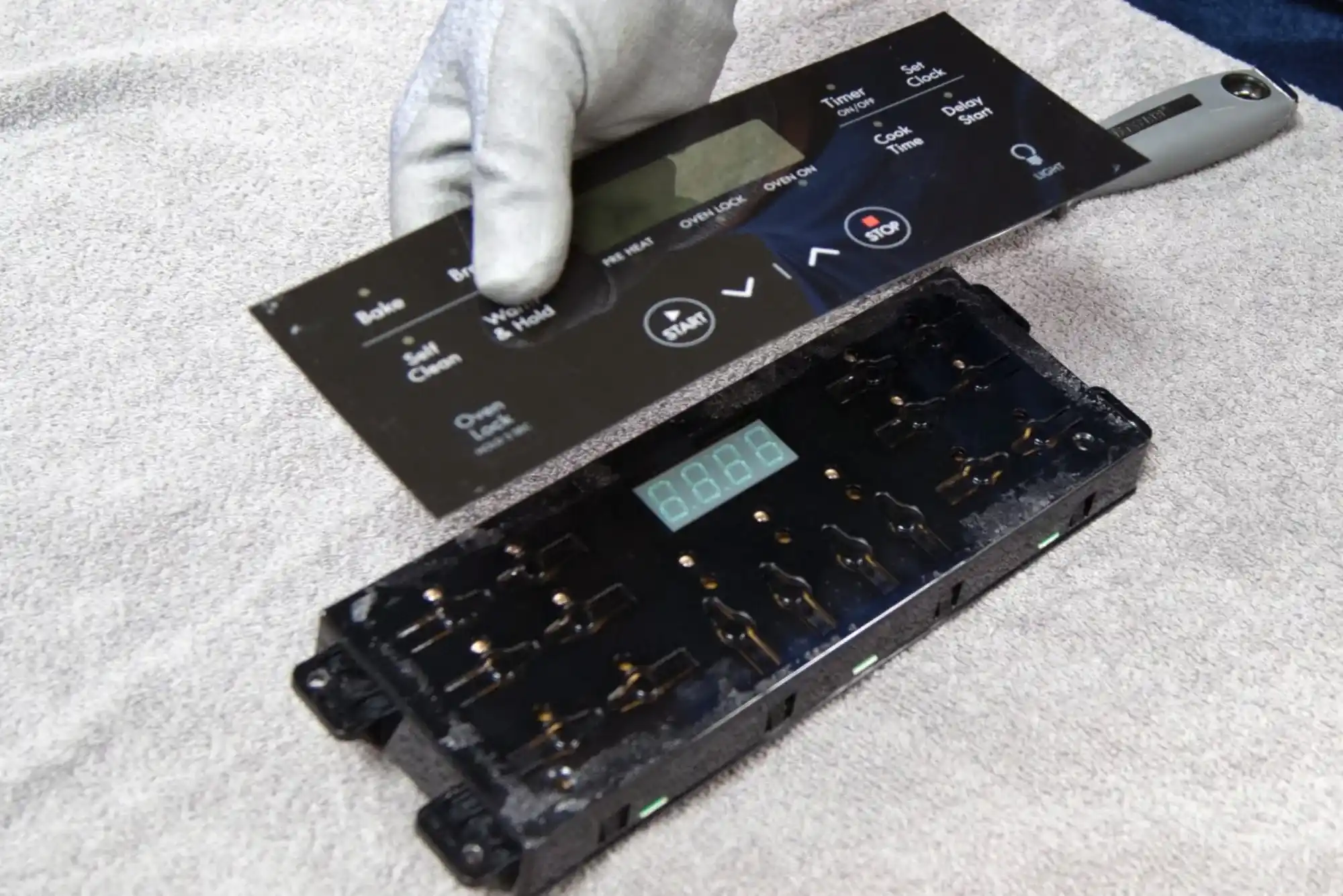When non-Muslim residents or expatriates face family issues in the UAE, one of the first questions they often ask is whether they can legally hire professional support for matters such as divorce, child custody, alimony, inheritance disputes, or marriage dissolution. The short answer is yes—non-Muslims not only can hire legal professionals, but doing so is often essential to protect their rights in Dubai’s unique multicultural legal landscape. While the UAE follows the Personal Status Law based on Sharia principles by default, the system is flexible enough to accommodate non-Muslim family situations through specific legal pathways, foreign-law applications, and knowledgeable representation.
This comprehensive guide explains how the law works for non-Muslims, what options they have, how the courts handle these cases, and why experienced support matters. It aims to provide clarity, reduce the uncertainty many expatriates feel, and help individuals make informed decisions about their personal and family rights.
Understanding the Legal Framework for Non-Muslim Family Matters
Dubai is a cosmopolitan city with residents from more than 200 nationalities, which means its legal system has evolved to manage diverse family structures. Family cases involving marriage, divorce, maintenance, child custody, guardianship, alimony, and inheritance are usually handled under the UAE Personal Status Law. For Muslims, this is generally based on Sharia principles. But for non-Muslims, the system offers different legal avenues.
The UAE has developed several mechanisms to protect the rights of expatriates, including:
- Application of a person’s home-country law for marriage or divorce, if properly certified and requested.
- Separate non-Muslim family courts, especially active in Abu Dhabi, offering civil family law procedures.
- The Dubai Courts system, which allows non-Muslims to apply their own country’s law under certain conditions.
- Special rules for residents with foreign marriage certificates, which the courts accept when duly attested.
This structure gives non-Muslims legal comfort and ensures their family matters are evaluated in line with their cultural and legal expectations whenever possible.
Can Non-Muslims Hire Legal Assistance in Dubai?
Absolutely. Non-Muslims have full legal rights to hire representation for all types of family issues. Whether the case involves divorce, separation, child custody, financial disputes, or inheritance matters, the law does not restrict representation based on religion. What matters is expertise. The complexity of cross-border personal status issues makes knowledgeable support extremely important.
This is where experienced professionals come in. Reputable lawyers in Dubai can guide non-Muslims through both the UAE legal framework and the specific requirements needed to apply foreign laws when appropriate.
How Family Courts Handle Non-Muslim Cases
Dubai’s courts follow a structured approach when working with non-Muslims. Here is how the process typically unfolds:
Determining Applicable Law
The court first identifies whether the home-country law or UAE law should apply. A non-Muslim can request the application of their national law, but this must be clearly stated in legal filings.
Reviewing Marriage or Birth Certificates
Foreign certificates must be translated into Arabic and attested (from the home country, UAE Embassy, and UAE Ministry of Foreign Affairs).
Evaluating Requests Related to Divorce or Separation
The court will look at the grounds provided. For example:
- Irreconcilable differences
- Harm or mistreatment
- Financial disputes
If foreign law is to be applied, it must be submitted officially.
Evaluating Custody and Guardianship
The child’s best interests override all other considerations. Dubai courts assess emotional stability, financial capacity, cultural suitability, and other welfare factors.
Financial Judgments
This includes spousal support, child maintenance, division of assets, and compensation when applicable.
This step-by-step process ensures fairness while accommodating cultural diversity.
Why Legal Support Is Essential for Non-Muslims
Family proceedings in Dubai involve both personal status regulations and procedural requirements. This combination can be overwhelming for someone unfamiliar with the system. Mistakes in documentation, translations, filings, or requests for applicable law can delay a case or weaken the final outcome.
Many non-Muslim expatriates hire legal professionals for reasons such as:
Correct Application of Foreign Law
If a non-Muslim wants their home-country law applied, experienced professionals ensure the correct articles, legal references, notarizations, and submissions are provided.
Understanding Complex Custody Rules
Custody and guardianship are treated differently in the UAE. Without proper guidance, expatriates may misunderstand their rights or expectations.
Ensuring Validity of Foreign Documents
Incorrect translation or missing attestations can result in evidence being rejected.
Managing Court Procedures
Dubai courts are efficient, but they follow strict procedural guidelines. Missing a step or a deadline is costly.
Negotiation and Mediation
Family cases often involve emotional stress. Skilled representation supports negotiation and encourages amicable resolutions, which courts often prefer.
Divorce for Non-Muslims in Dubai
Non-Muslims are free to pursue divorce through Dubai Courts, and they may also request the application of their national law. Dubai allows non-Muslim expatriates to:
- File for divorce
- Seek financial settlement
- Request spousal support
- Secure child custody
- Arrange visitation schedules
- Protect assets through court orders
A legal representative helps prepare all required paperwork and argumentation tailored to the client’s nationality and circumstances.
Child Custody Rules for Non-Muslims
Dubai courts prioritize the welfare of the child. Although some principles reflect local regulations, the system is flexible toward non-Muslim residents. Key considerations include:
- Age of the child
- Stability of the home environment
- Emotional and psychological wellbeing
- The parent’s financial ability
- Any history of abuse or neglect
- The ability of each parent to provide long-term care
Custody is usually granted to the parent who can provide the most stable environment, while guardianship—related to financial decisions—may differ.
Alimony and Financial Support
Non-Muslim spouses may apply for:
- Temporary financial support
- Post-divorce alimony
- Child maintenance
- Housing allowance for children
- Education and health-related expenses
Dubai Courts assess the financial status of the parties, the needs of the dependents, and the relevant laws being applied.
Inheritance and Wills for Non-Muslims
Non-Muslims can:
- Register wills through DIFC Wills Service Centre
- Use the Dubai Courts Notary
- Apply foreign inheritance rules
- Protect children or spouses from forced-heirship principles
Legal support ensures correct structure, validity, and compliance with UAE regulations.
Mixed-Nationality and Mixed-Religion Marriages
Many families in Dubai consist of couples with different religions or nationalities. These situations often require tailored legal handling. The UAE system allows:
- Recognition of international marriages
- Application of foreign law
- Freedom to file family cases regardless of religion
- Fair evaluation of custody and financial support requests
The key is proper documentation and coordinated case strategy.
What Documents Do Non-Muslims Need?
To prepare a family case in Dubai, the following documents are usually required:
- Passport copies of both spouses
- UAE residence visas
- Attested marriage certificate
- Birth certificates of children
- Evidence supporting the claims (messages, receipts, financial statements)
- Legalized foreign law extracts if requesting application of home-country law
- Court forms and Arabic translations
Although many expatriates attempt to prepare these on their own, professional handling reduces errors and ensures compliance with all technical requirements.
How Do Non-Muslims File a Case?
The filing process generally includes:
- Initiating a case through the Family Guidance Department (mandatory for divorce).
- Attempting amicable settlement with a mediator.
- Preparing filings in Arabic through authorized channels.
- Providing supporting evidence.
- Attending court hearings (or granting Power of Attorney to representatives).
- Complying with court-ordered evaluations or studies if required.
- Receiving binding judgment.
Representation simplifies each stage and ensures the client’s rights are preserved.
Conclusion: Yes, Non-Muslims Can Fully Hire Representation for Family Matters in Dubai
Dubai’s legal system is built for a diverse population, and non-Muslims have complete freedom to hire representation for any family matter. Whether someone is seeking divorce, negotiating custody, securing financial support, or managing cross-border family issues, the law provides clear pathways and robust rights.
Experienced lawyers in Dubai help navigate these pathways, ensuring that every legal step is handled professionally and every right is safeguarded. For non-Muslim expatriates, this support is often the difference between confusion and clarity, or between losing rights and securing a fair judgment. With Dubai’s inclusive and structured family law system, non-Muslims can confidently pursue their cases with full legal protection.











